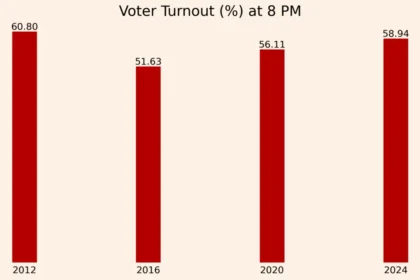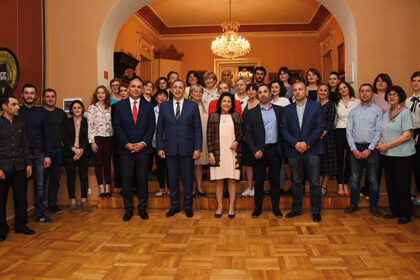**Georgian Dream Seeks to Ease Grant Process for EU-Funded Projects**
The Georgian government, led by the ruling party Georgian Dream, has introduced a new draft law aimed at simplifying the process of receiving grants from European Union programs. The proposed amendments would exempt grants implemented within the framework of Horizon Europe and Erasmus+ from the requirement to obtain consent from the government.
According to the current law, any grant issued without government approval is considered invalid and cannot be accepted by beneficiaries. This has led to unnecessary bureaucratic hurdles for organizations receiving EU funding. By removing this requirement, the Georgian Dream hopes to make it easier for local institutions to participate in European programs, fostering greater cooperation and collaboration between Georgia and the EU.
The draft law was submitted to Parliament with a request for expedited consideration, indicating that the ruling party is keen to push the amendments through quickly. This move has raised questions about the potential implications for transparency and accountability in grant management.
**A Step Forward or a Leap Backward?**
While the intention behind this proposal appears to be positive – streamlining the process for EU-funded projects – it also raises concerns about the government’s commitment to transparency and anti-corruption efforts. The Georgian Dream has faced criticism in the past for its handling of grant-related issues, with accusations of misusing funds and failing to provide adequate oversight.
The Anti-Corruption Bureau has been tasked with monitoring grant issuance and receipt, but some worry that this move may undermine their effectiveness in preventing unauthorized grants from being awarded. By removing the need for government consent, the Georgian Dream may be opening the door to potential abuse and mismanagement of EU funds.
**What’s Next?**
As the draft law makes its way through Parliament, stakeholders will be watching closely to see how it is received by lawmakers and civil society organizations. If approved, these amendments could have significant implications for Georgia’s relationship with the EU and its ability to attract grants for research and innovation projects. However, if implemented without adequate safeguards against corruption, they may also perpetuate existing problems in grant management.
Read More @ www.interpressnews.ge












